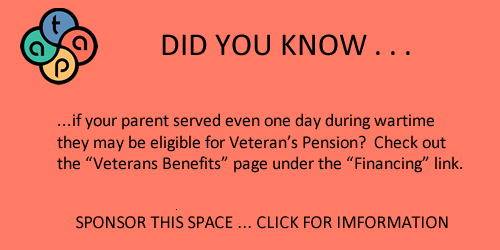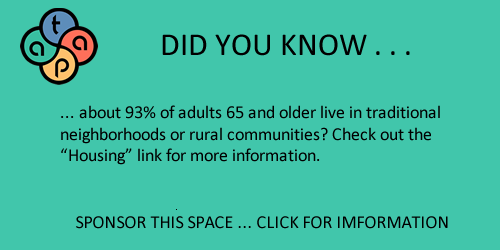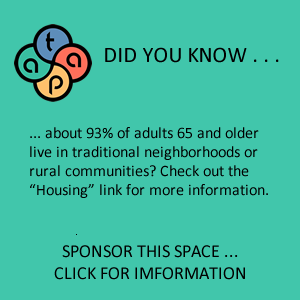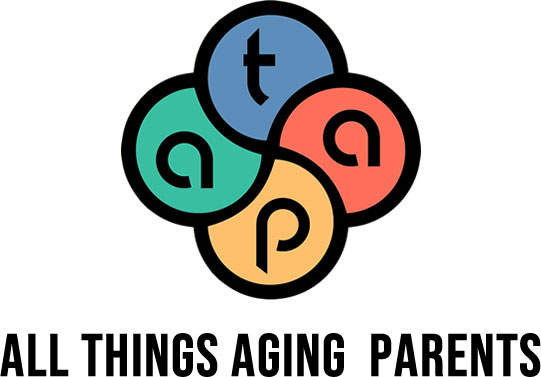At some point, they’re gone. You’ve done your best, but their body just can’t go on. What are the next steps? What must be done? What preparations need to be made now? We hope that working through these arrangements will bring you fond memories of your parent, and perhaps a sense of closure.
Any kind of memorial or funeral serves as a ritual to acknowledge the reality of the loss, celebrate the life of your parent, and hopefully bring comfort to the ones left behind. It can be therapeutic for your parent to have a hand in thinking through what kind of remembrance service they want. It can be a way of reviewing their life, giving you and others the opportunity to affirm them, or even offer the chance for reconciling relationships. They may want to reconnect with their faith tradition or express their preference for the location or content of their funeral.
Those who plan for the remembrance service need to think through three main questions:
- What kind of ceremony will it be? Traditional, religious, viewing, wake, rosary – so many options. Will it be held in a faith community center or funeral home?
- After death, what will happen to the body? In-ground burial, cremation, the scattering of ashes, donation to science – did your parent express a preference?
- Who will make the arrangements? Spouse, children, friends, clergy – who selects the funeral home, flowers, music? Who handles the legal requirements?


The more you can plan some of these details in advance, the less they must be made during a very stressful and emotional time. You have more time to research costs, services, and providers. At the very least you have the opportunity to know what your parent would prefer as a celebration of their life.
Here are some of the tasks that will need to be done upon your parent’s death:
- Report the death. If death occurs in a hospital, nursing home, or in hospice they will handle this. You will need to contact a funeral home to collect the body. If you are at a loss as to who to call, you can call 9-1-1.
- Work with a funeral director and/or clergy to plan the funeral or memorial service.
- Make cemetery arrangements, if necessary. Funeral homes and cemeteries are separate businesses and do not share costs. You will need to make arrangements with both.
- Write an obituary or death notice.
Some funeral homes offer a "pre-need" arrangement and even pre-payment for services. AARP and the Funeral Consumer Alliance caution against this, because the person who signs the agreement will not be present at the time of fulfillment, or the person may have moved. Also, pre-payment might happen years before the service is needed, and the price paid might not cover the actual cost. Then again, any mishandling of funds might not be discovered in time, or the company might go out of business.
We recognize that you are trying to accomplish these tasks under a great deal of stress and emotion. We encourage you to look through a funeral pricing checklist in order to compare different funeral homes and their services. It is wiser to compare specific products and services rather than comparing packages that may contain extra items. The Federal Trade Commission has rules in place to protect consumers during a very emotional period. Be aware of your rights so you aren’t swindled.
Many alternatives are available, subject to your state’s laws. Donating a body or parts of a body to a medical or dental school is a valuable contribution to medical research and education. Donating is also the least expensive way of arranging for the body’s disposition. Some other alternatives include open-air creation, burying the body on private property, scattering ashes on private property, or home funerals. “Green burial” is on the rise, in which an unembalmed body is wrapped in a cloth or biodegradable casket and placed in a dirt grave. Some are even more creative, shooting ashes into space or turning them into diamonds.
Preparing a remembrance for your parent can be as unique as you want to make it. Giving thought to this process before it is absolutely necessary gives you more time to reflect the distinct person that was your parent. Ultimately, you want your decisions to reflect their values, not the pressure of consumerism.
We hope that you are able to find peace with your parent's memory and with yourself as you traverse the process of your parent's death and memorial. May you find hope in knowing you did your best for them.
Resources:



















